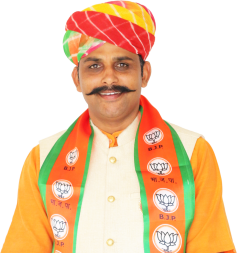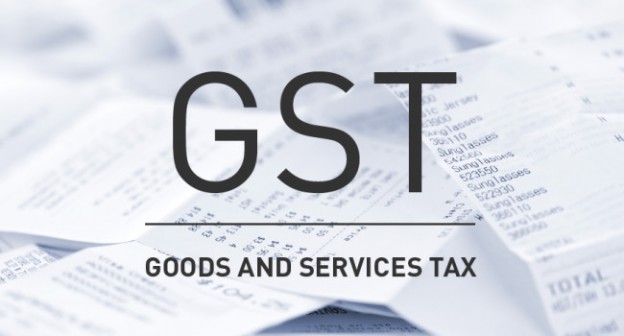Goods and Service Tax (GST) will be a biggest game changing reform for the Indian economy that has the potential to lead the economic integration of India. It will impact the Tax Structure, Tax Incidence, Tax Computation, Tax Payment, Compliance, Credit Utilization and Reporting leading to a complete change of the current indirect tax system.
The main function of GST is to transform India into a uniform market by breaking all the fiscal barriers between the states. As India plays an important role in global economy, the proposed indirect tax reform could change the economic growth.
GST was first introduced in the year 2000, when the government of Atal Bihari Vajpayee took some steps in this area. A committee was set up and headed by West Bengal Finance Minister, Asim Das Gupta. Six year later, the issue was again raised by Union Finance Minister, Mr. P. Chidambaram during the central budget of 2006-07 that GST would be introduced from April 1, 2010, however it was not implemented. The only argument that came up was in 2011 when GST was being moved as the 115th amendment but was opposed by the state governments as it is a serious threat to freedom of fiscal federation that is their own independent powers to impose and collect taxes.
Four years later in 2014, the 122nd Constitutional amendment bill was formulated under the BJP led government to launch the GST bill in April 2016. The amendment proposes to levy an additional 1% tax on the goods sold on inter-state basis. This will be paid to the states where the goods originated.
It would be a dual GST structure with the Centre and the States simultaneously levying it on a common base. The GST to be levied by the Centre would be called Central GST (CGST) and that to be levied by the States would be called State GST (SGST). An Integrated GST (IGST) would be levied on inter-State supply (including stock transfers) of goods or services. This would be collected by the Centre so that the credit chain is not disrupted.
The bill got cleared on May 6, 2016. However it’s still stuck in Rajya Sabha where the ruling government has no majority. The long pending bill will be taken up in the coming monsoon session of Parliament hoping that it will be passed. Finance Minister Arun Jaitley has said that in coming monsoon session we will bring the bill and we have full expectation that it will passed.
If the GST bill is passed, there will be only one centralized tax that will replace all surplus indirect taxes currently imposed.
For more latest update please follow our blog nanuramkumawat.blogspot.in/









